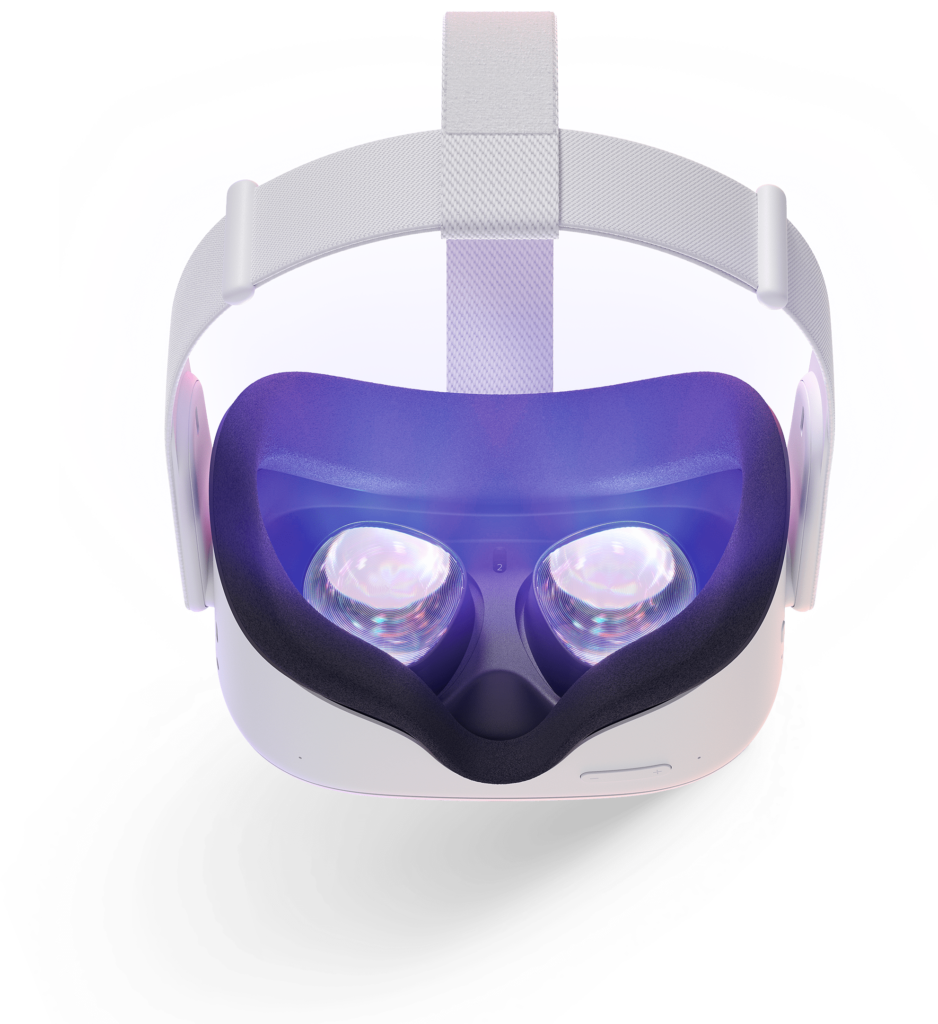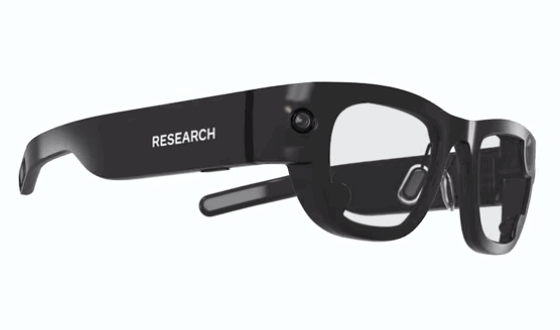Facebook is betting big on Augmented Reality (AR) and Virtual Reality (VR). We’ve known that for a while, and the company reiterated that at Connect 7. The virtual event, previously known as Oculus Connect, has been rebranded as Facebook Connect to better interact with the company’s larger AR & VR goals.
The two-hour keynote saw the company unveil its new VR headset – Quest 2, as well as initiatives in AR. Here’s everything Facebook announced at Connect 7.
Oculus Quest 2
The successor to the popular VR headset is big for several reasons. Firstly, Facebook is merging its two VR headsets into one with the Quest 2 (more on that later). Secondly, the Quest 2 is the first headset to require a mandatory Facebook login, rather than a separate Oculus one. That’s big, as it could hint at a wider integration with the Facebook platform.
As for hardware, the Quest 2 is smaller, lighter but more powerful than its predecessor. Powered by a Snapdragon XR2, the Quest 2 also gets a RAM boost to 6GB. At launch, the device refresh rate will be limited to 72Hz, which will be bumped up to 90Hz soon. The company said that the controllers have been upgraded to offer longer battery life (up to 4x), but they will still require the same AA batteries as the previous gen.

Interestingly, Facebook is also offering a wide array of accessories such as customisable head straps and facial interface add-ons. The device can be pre-ordered now, and will be available from October 13. The base 64GB model will retail for at Amazon $299, there’s also a 256GB model that will cost $399.
[amazon box=”B08F7PTF53,B08F7PTF54,B08J8YJDBL,B08J946MGG,B08J94G2F9″ template=”list”]
RIP Rift S
The Oculus Rift S was a standalone PC-only VR headset. At Connect 7, the company said that it is retiring the Rift S, in favour of the Quest 2. That means that Facebook will no longer make PC-only hardware, the Quest will be an all-in-one. Sales of the Rift S will end in 2021, but the platform will stick around for a bit longer (Facebook hasn’t said till when).
If you do want to play PC-based VR games, you’ll have to shell out $79 for the USB-C cable to connect the headset to your PC. Doing so will enable the Rift platform and allow you to play PC games. The company announced that some PC-exclusive VR games will be coming to the platform, like Medal of Honor: Above and Beyond.
VR for More Than Gaming
The Quest isn’t just a gaming tool. Facebook made that pretty clear, it’s actually trying very hard to push the Quest as a tool for work. To that end, Facebook announced a whole slate of updates to the Oculus platform. Remember we said Facebook login was mandatory now? Well one advantage of that is that you now get Messenger on the Quest. That also brings the ability to cast gameplay sessions to a browser.
But back to work. Facebook is bringing Infinite Office, a virtual reality office space to the Quest. Rolling out this winter, Infinite Office will allow users to see live feeds from the onboard cameras so that they can integrate the VR world with their own home. In partnership with Logitech, users will also be able to use certain keyboards in VR. According to TechCrunch: “Facebook says that more features will be rolling out over the coming months and that early releases would focus on personal productivity rather than group collaboration.”
The company is also jumping in on the fitness fad. There’s a new ‘Quest Move’ unified dashboard that can show you just how much calories you are burning while playing Beat Saber. Of course, it’s probably not as accurate as a smartwatch, but you still get to see calories burnt and move minutes.
AR Projects
While the Oculus may be the undisputed king of VR (for now), Facebook hasn’t had the same success with AR. The company did announce a new AR project – Project Aria – which is currently in internal testing. Of course, AR is filled with privacy issues. So the company attempted to reassure everyone that it’s taking that seriously. It laid out 4 research principles that it will bake into its projects to protect privacy. It is also offering two grants for researching the potential social impacts of VR and AR.

Until the research team can come up with a true AR device, Facebook is rolling out a pair of smart glasses in partnership with Ray-Ban. Since the company was clear that the glasses weren’t an AR device, we can only assume they will be something like Snapchat’s Spectacles or Amazon’s Echo Frame.
https://twitter.com/hbarra/status/1306278791669579776
We’re passionate about exploring devices that can give people better ways to connect with those closest to them. Wearables have the potential to do that. With EssilorLuxottica we have an equally ambitious partner who’ll lend their expertise and world-class brand catalogue to the first truly fashionable smart glasses.
Andrew Bosworth, Facebook’s vice president of the Reality Labs division
Apart from the announcement, Facebook provided no details about the project. So we have no clue what tech it will have, how much it will cost or when it will be available (apart from some time in 2021). It will be interesting to see how they stack up against Snapchat and Amazon nonetheless.
Of course, the Oculus is first and foremost a gaming platform. So there’s a bunch of games coming later this year. The company offered a trailer for Star Wars: Tales from the Galaxy’s Edge and Jurassic World Aftermath. There’s also a sequel to Crytek’s Oculus Rift climbing game The Climb, a shooter called Warhammer 40,000 Battle Sister, and an adaptation of Myst, plus confirmation of Assassin’s Creed and Splinter Cell instalments for Oculus headsets coming.
